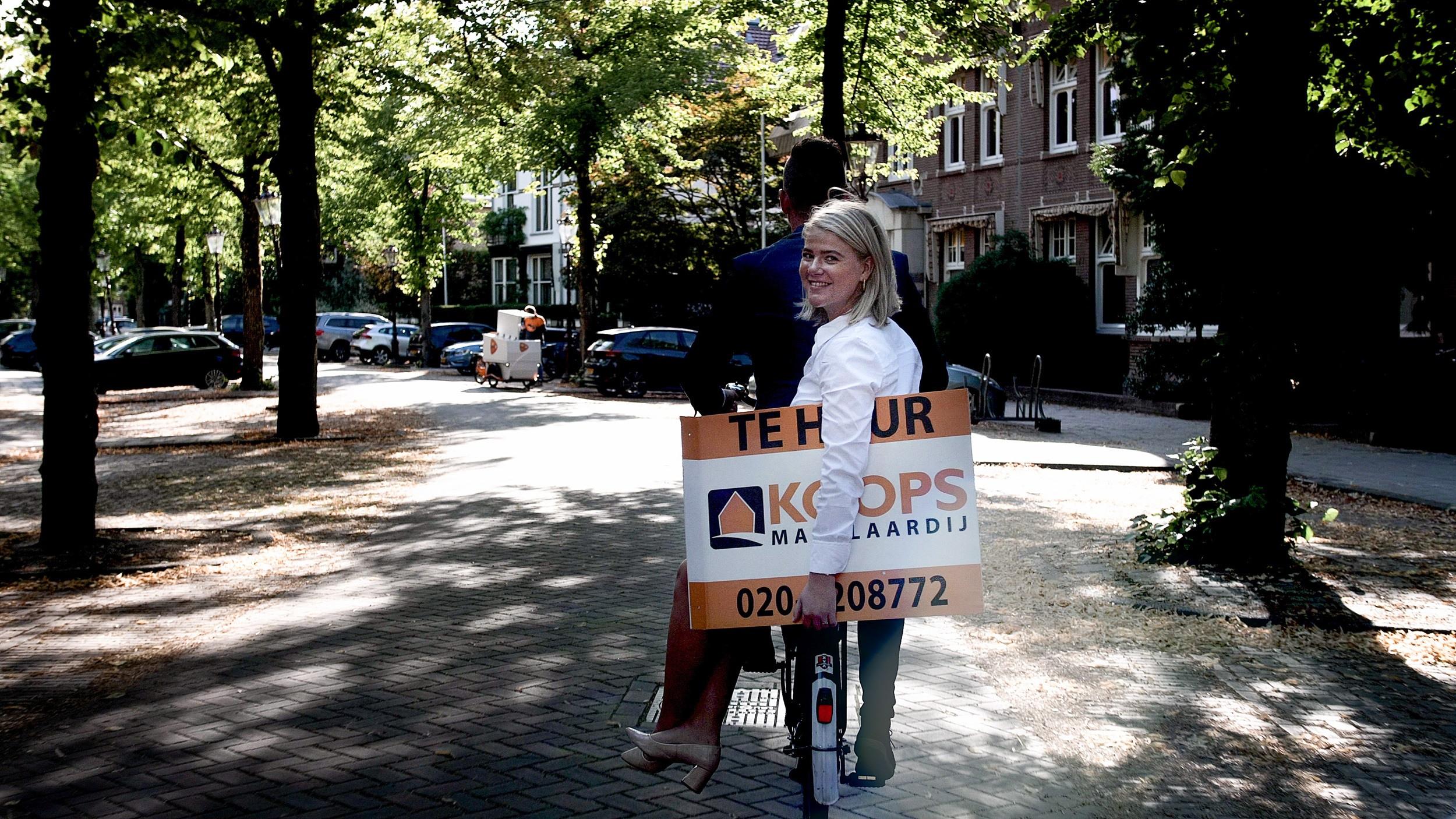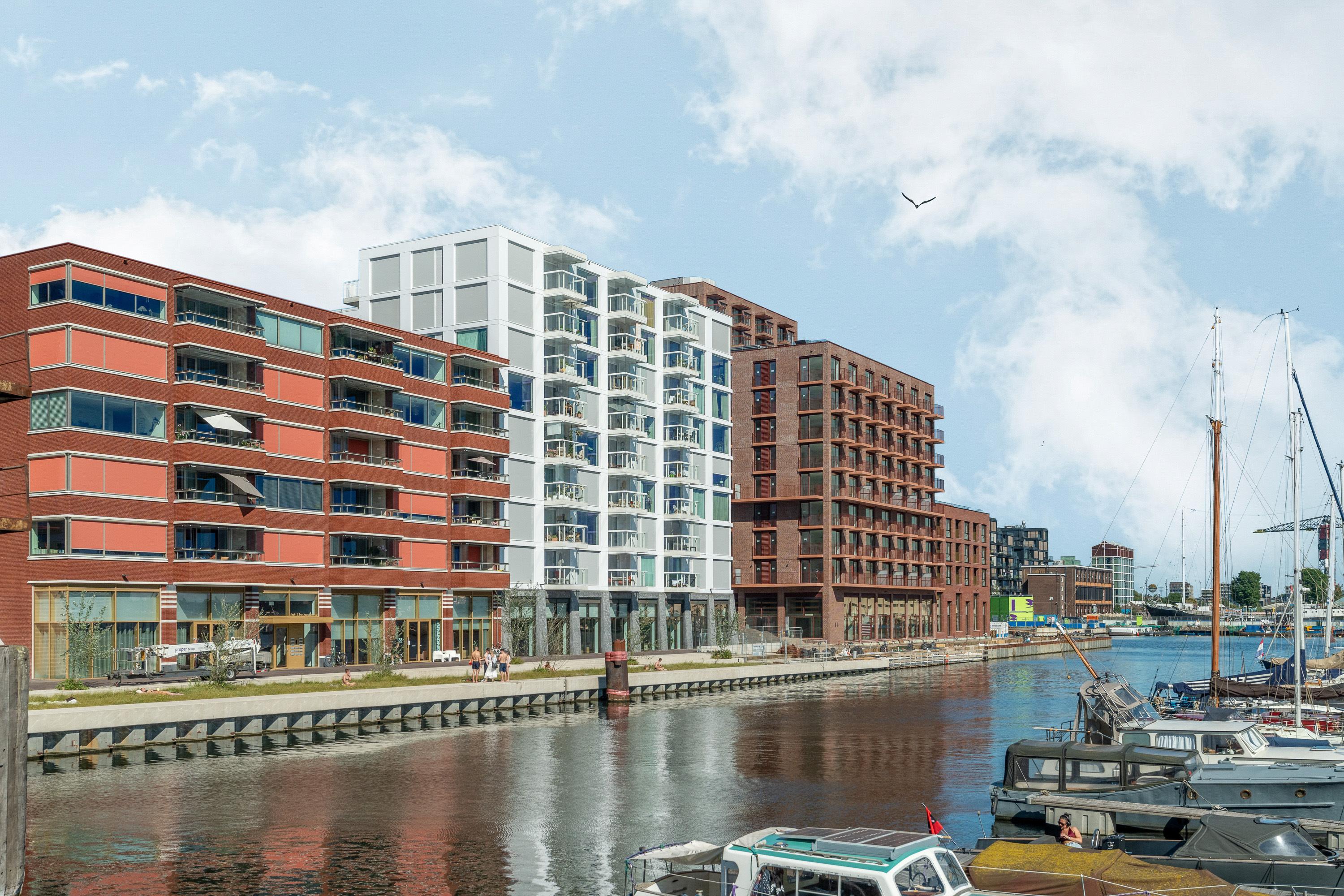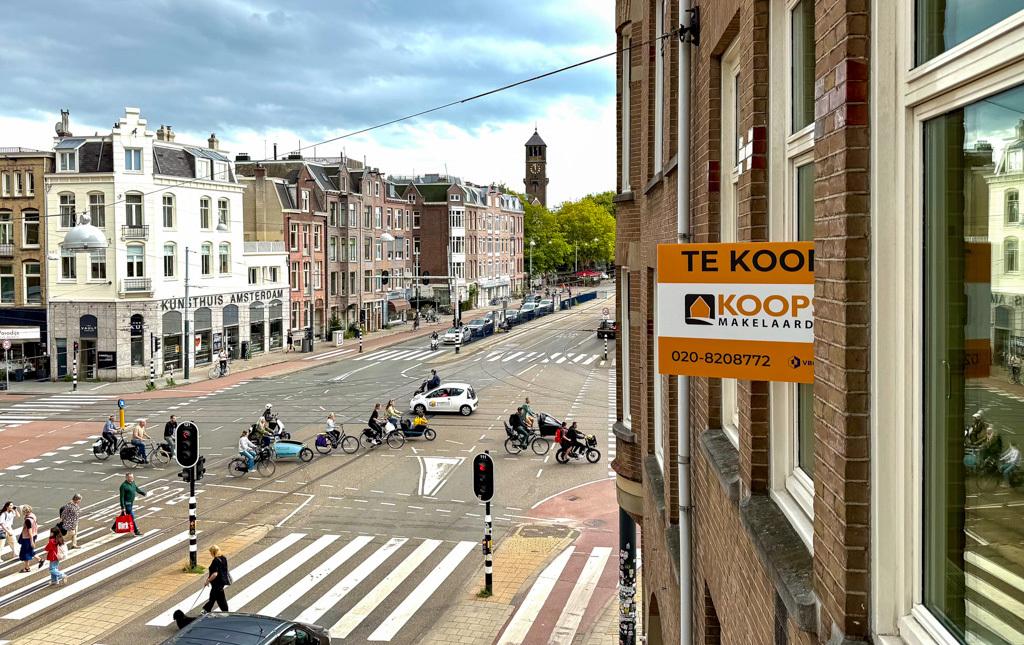Yesterday afternoon was the day, the Affordable Rent Act was passed by the Upper House and with effect from 1 July next!
Minister Hugo de Jonge says that the Public Housing Act is back on track and that tenants will be better protected by this law. According to de Jonge, the new housing rating system (WWS) with the so-called middle segment (144 - 186 points) will ensure many affordable rental properties. Rents of around €880 to around €1200 will become available to house-hunting Netherlands, according to the minister. Finally, de Jonge indicated that investing in rental housing could still easily be out of the question.
The name ‘Affordable Rent Act’ is nicely coined and suggests that the law will ensure that new affordable rental housing will become available to people looking for affordable rental housing. You cannot be opposed to that because every Dutch person will be happy with affordable rental housing.
Unfortunately, practice will soon show that the Affordable Rent Act does not add any additional affordable housing to the housing stock at all. In fact, affordable rental housing is rapidly decreasing due to the introduction of this law. Because we are already noticing it, the so-called leasing out of smaller rental properties, is the order of the day.
Introduction of middle segment is counterproductive
As already mentioned, the new WWS introduces a middle rental segment of 144 to 186 points, those numbers correspond to a rental value of €880 to about €1200 per month. You can already feel it coming, the new rent is no longer at all proportional to the actual market value of a property.
As an example: a house in the Amsterdam region of approx. 58m2 with energy label C and a WOZ value of € 450,000 achieves approx. 165 points, which equals a rent of approx. € 1040,- while the sales value of this house, in the current market, will be around € 500,000,-.
Suppose, as a landlord, you still have a €300,000 mortgage on the rental property, you can already offset that rental income against these monthly costs. And then we haven't even taken into account other costs such as maintenance costs, VVE costs and possible estate agent fees.
Desperate situation for first-time buyers
When former rental properties are sold, it is extra sour to see that starters usually do not qualify for these properties. Because as a starter, you have to be happy if you can get €200,000 from your mortgage lender. In short, the starter falls between two stools.
Hefty task for new housing minister
The timing of the passing of the law by the Senate remains curious. After all, Mona Keijzer (BBB) will soon take over from de Jonge. A new housing minister who, with her party, was diametrically opposed to de Jonge during the previous elections.
Keijzer wants to focus on new construction, make splitting up houses easier, relax the tax regulations and, on the contrary, wanted to put the adopted law on hold. The fact that de Jonge quickly pushed his current model through the first chamber does not go down well with us.
Affordable rent soon to be an illusion
With the Affordable Rent Act, we expect a gap to be created between social rental housing and private sector rental housing. The current model, with the middle segment, offers little perspective and makes affordable renting an illusion for many tenants. Only tenants who are willing and able to draw their wallets will soon be eligible for free sector rental housing.
We have now prepared ourselves well for the new regulations and try to keep our relations informed. For instance, you will have to provide a new tenant with an official point score by 1 January 2025.
Are you curious whether your property will soon still be in the free sector? Contact our rental team. We will be happy to find out for you!



